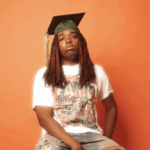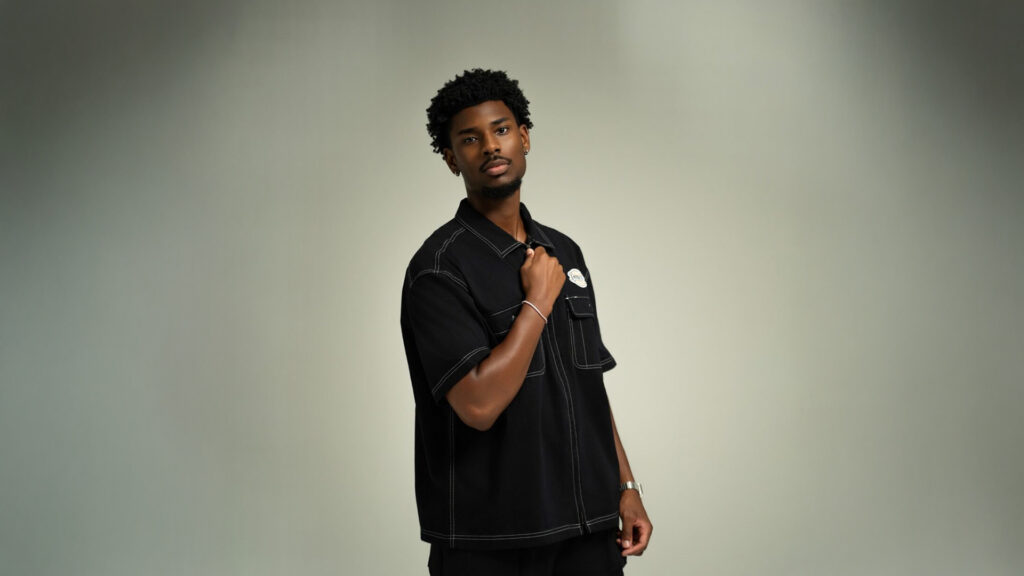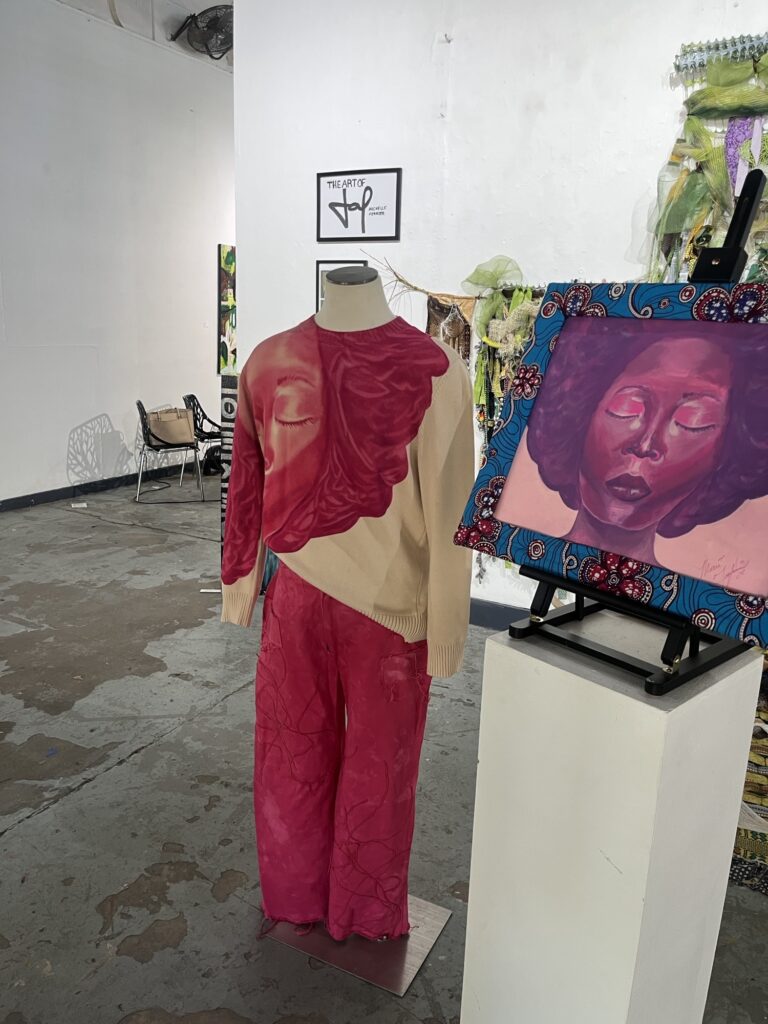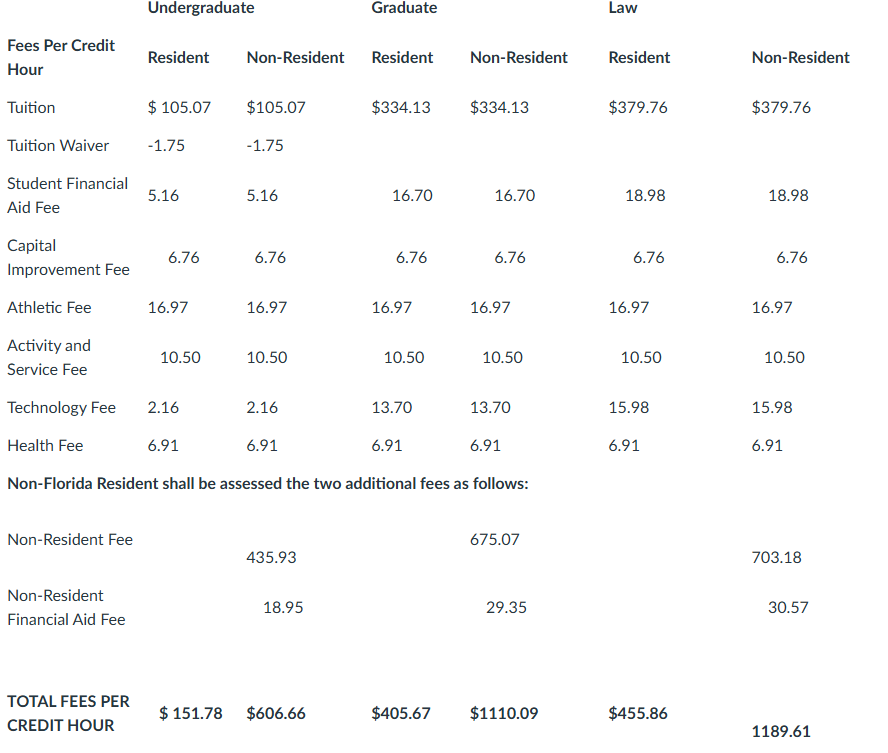During Beyonce’s historic wins at the 65th Grammy Awards, she thanked the queer community for “creating the genre.”
Now, while most people online took it as a surface reference to the overall queer community, she was referring to the black and brown queer community that helped pioneer and create the changes within the genre.
Within “Renaissance,” in its entirety, highlights the black creatives that have helped keep the dance genre alive. From the beginnings of disco and early house music to the current day of electronic, afro-house, EDM, trap, and vogue beats. Discussing the genre’s history and the people who helped make it what it is is an essential part of Black History.
This history dates back to the early days of late 70s Chicago, with the likes of Frankie Knuckles (otherwise known as the “Godfather of House Music”), Larry Levan, DJ Ron Hardy, and others who would DJ underground warehouse parties. Mixing and scratching disco records, speeding or slowing the tempo, and repeating parts of the song became customary in the field of House.
In his article on the history of House Music, Rory PQ of the Icon Collective cites these techniques and DJs as “forever shaping the modern dance scene.”
The Rebirth
The DJs at these warehouse parties, where the namesake of “House” comes from, were a playground for experimentation for them. Usually frequented by black and brown queer people, these functions would provide the soundtrack to an entire era of liberating and free-ing party experiences. This slowly but surely expanded out of Chicago and helped usher in different subsections of house music in various cities across the states.
From Detroit techno to Miami bass to New York ballroom mixes, they all drew their primary influence from House with punching beats and soaring sounds. Black and brown DJs worldwide can feel all these influences and history on the “Renaissance” album.
The Renaissance album, from its various features like Grace Jones and Big Freedia to samples with Kevin JZ Prodigy. The Clark Sisters, and Kilo Ali, are not only an ode to black music overall but to black dance. Most times, these dance artists or samples aren’t typically put to use by an artist as prominent as Beyoncé. But with the album, she finds a way to blend all these sounds to make a time capsule of the entire genre’s past and future.
With her Uncle Johnny’s significant influence behind the album’s sound, it rings of both black liberation and black queer joy. Soundscapes that are reminiscent of where people would find solace amongst the songs that play this is the atmosphere the album creates. Amongst those dabbling in the genre in recent memory, like Drake on “Honestly, Nevermind” or Dua Lipa on “Future Nostalgia,” “Renaissance” takes all that came before the genre and helps to amplify and remind those who originated the very genre.
During Black History Month, it is essential to acknowledge all voices within the community. Hopefully, this album ushered in a “renaissance” to highlight the black queer voices that influence culture daily.













